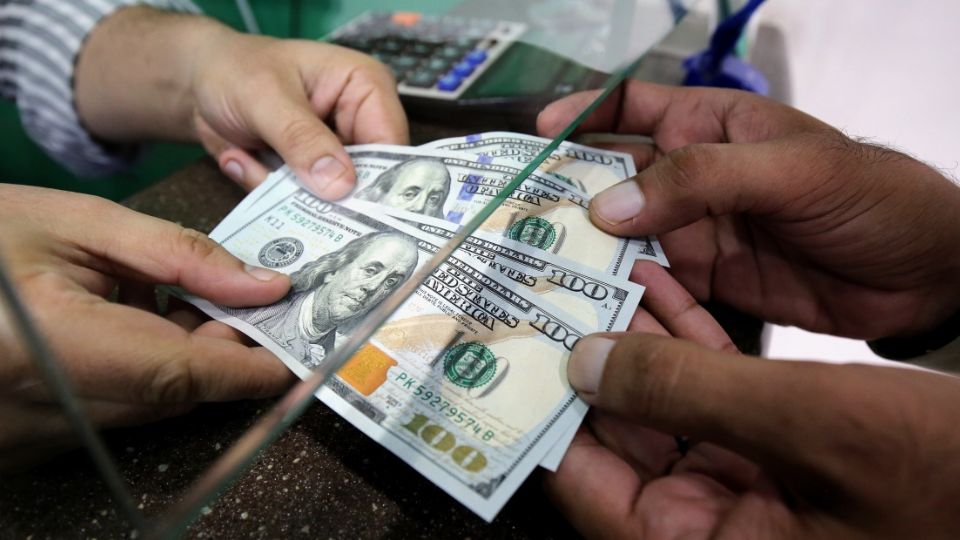Treasury Secretary Edgar Amador Zamora warned that the new 3.5% tax on remittances being discussed in the United States Congress could have “significant” effects on some Mexican states, such as Chiapas, Guerrero, Zacatecas, and Michoacán.
During his participation in the 2025 National Meeting of Regional Councilors (RNCR) of BBVA México, Amador explained that, while the fiscal impact of the new tax would be “neutral” for Mexico’s public finances, the effect could be considerable for the economy of certain states.
“The magnitude of the impact could be equivalent to 3% of the gross domestic product (GDP) in general terms, but the regional impact could be very significant,” he noted.
The official emphasized that in some states, such as Chiapas, Guerrero, Zacatecas, and Michoacán, remittances represent more than 10% of the local GDP and, for many families, up to 20% of their income.
Amador also questioned the legality of the tax proposed by the United States, arguing that it taxes income that has already been taxed.
“Taxing disposable income again could very well be classified as double taxation and would likely violate the double taxation treaty that exists between Mexico and the United States,” Amador stated.
The Secretary of Finance noted that more than 94% of remittances are sent through traceable electronic means, and if this tax is imposed, the cost could fall on consumption in the United States, since “what could probably happen is that they will send additional dollars, which would reduce disposable income for consumers in the United States.”
The 3.5% legislative proposal has already been approved by the House of Representatives and will now go to the Senate for discussion.
Mexico received a record $65 billion in remittances in 2024, representing nearly 4% of its economy, making it the second-largest recipient of these currencies in the world, behind only India.

Source: latinus.us




